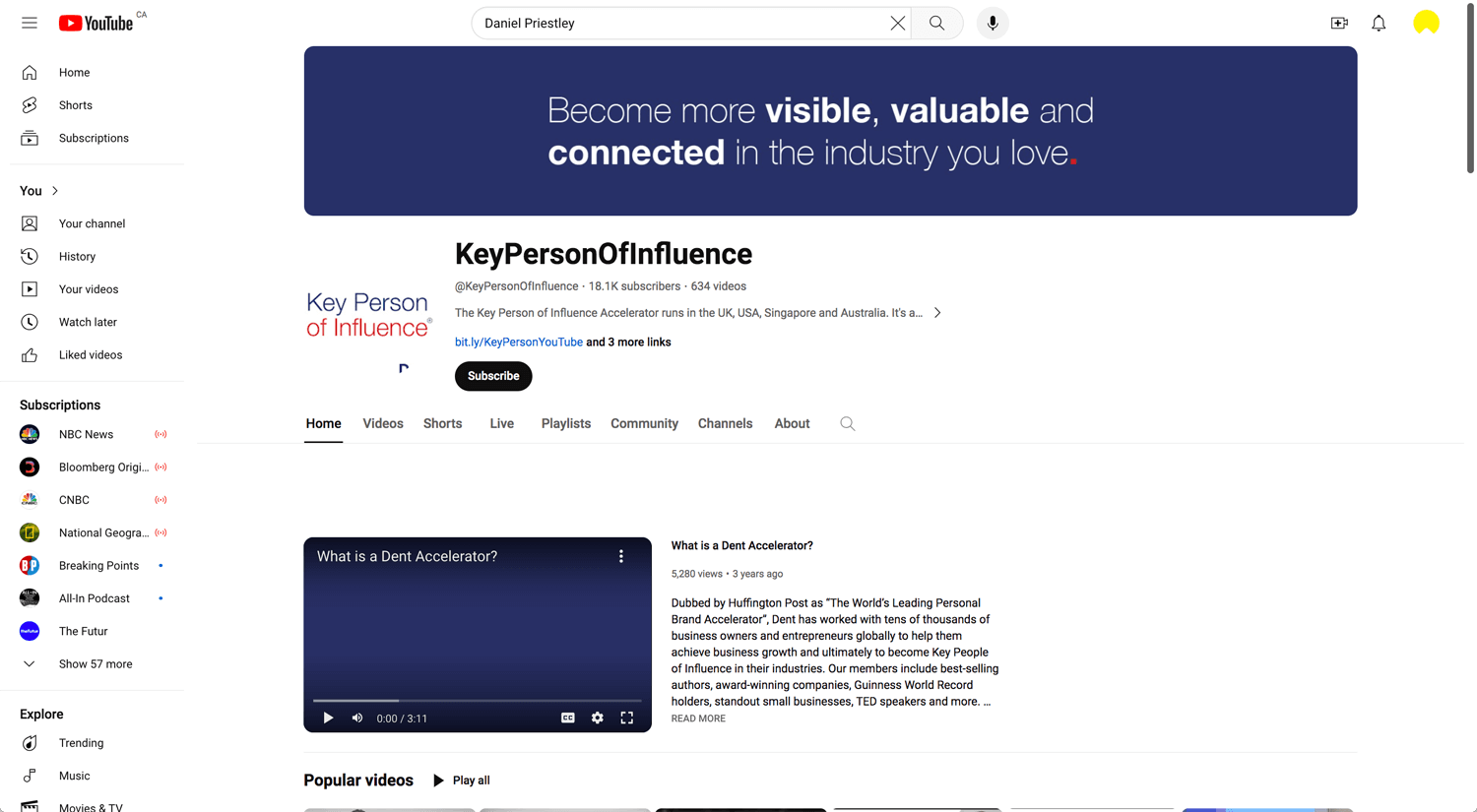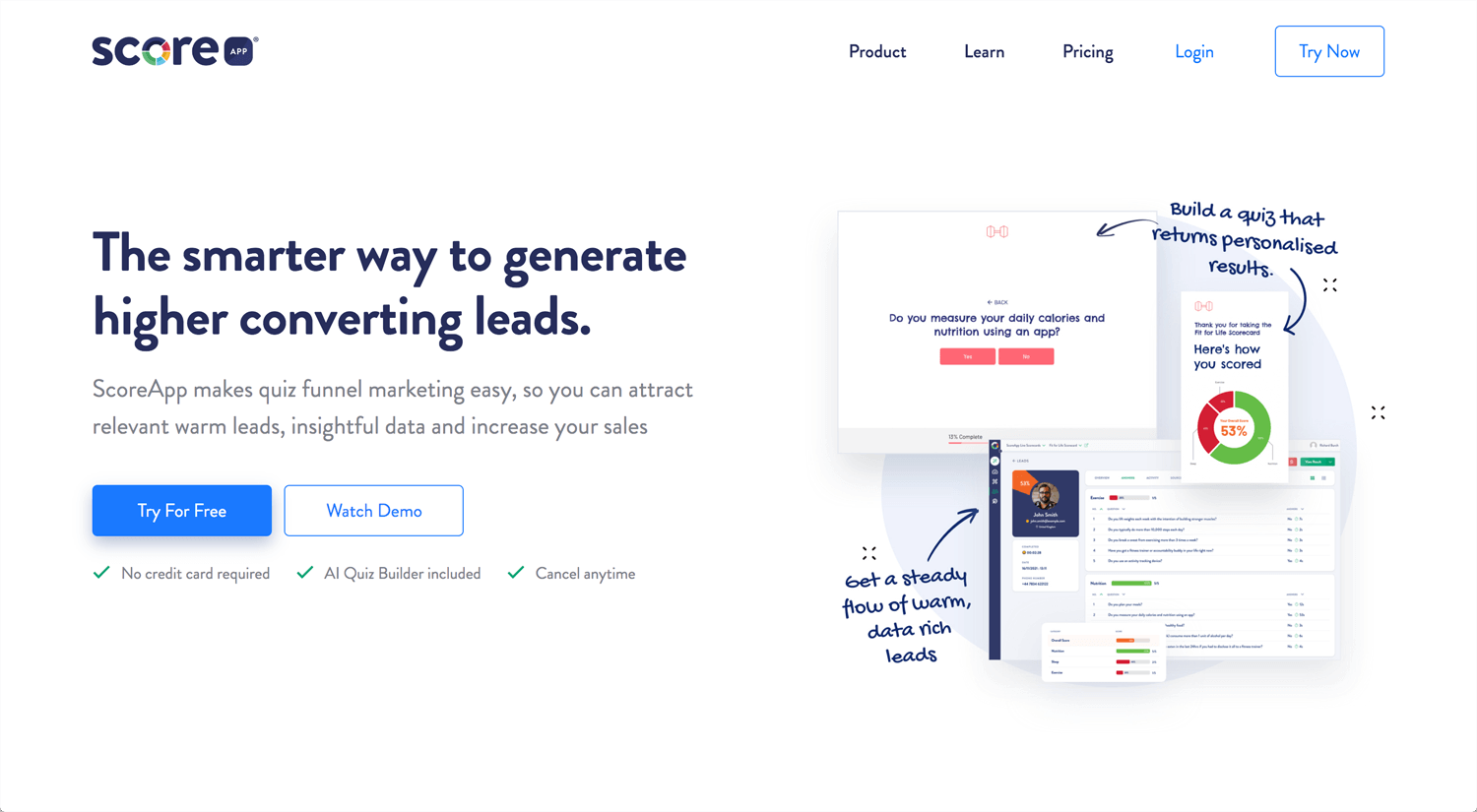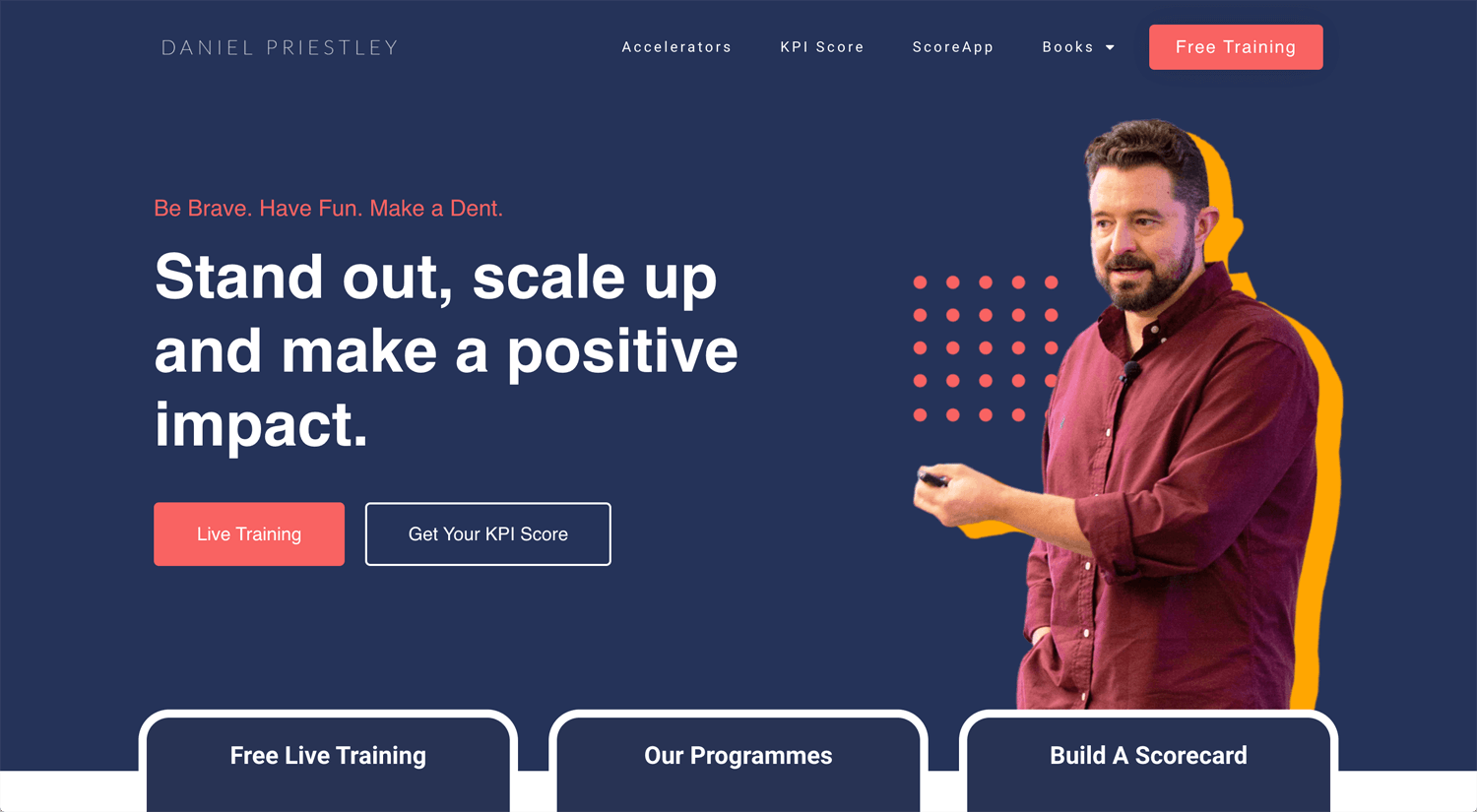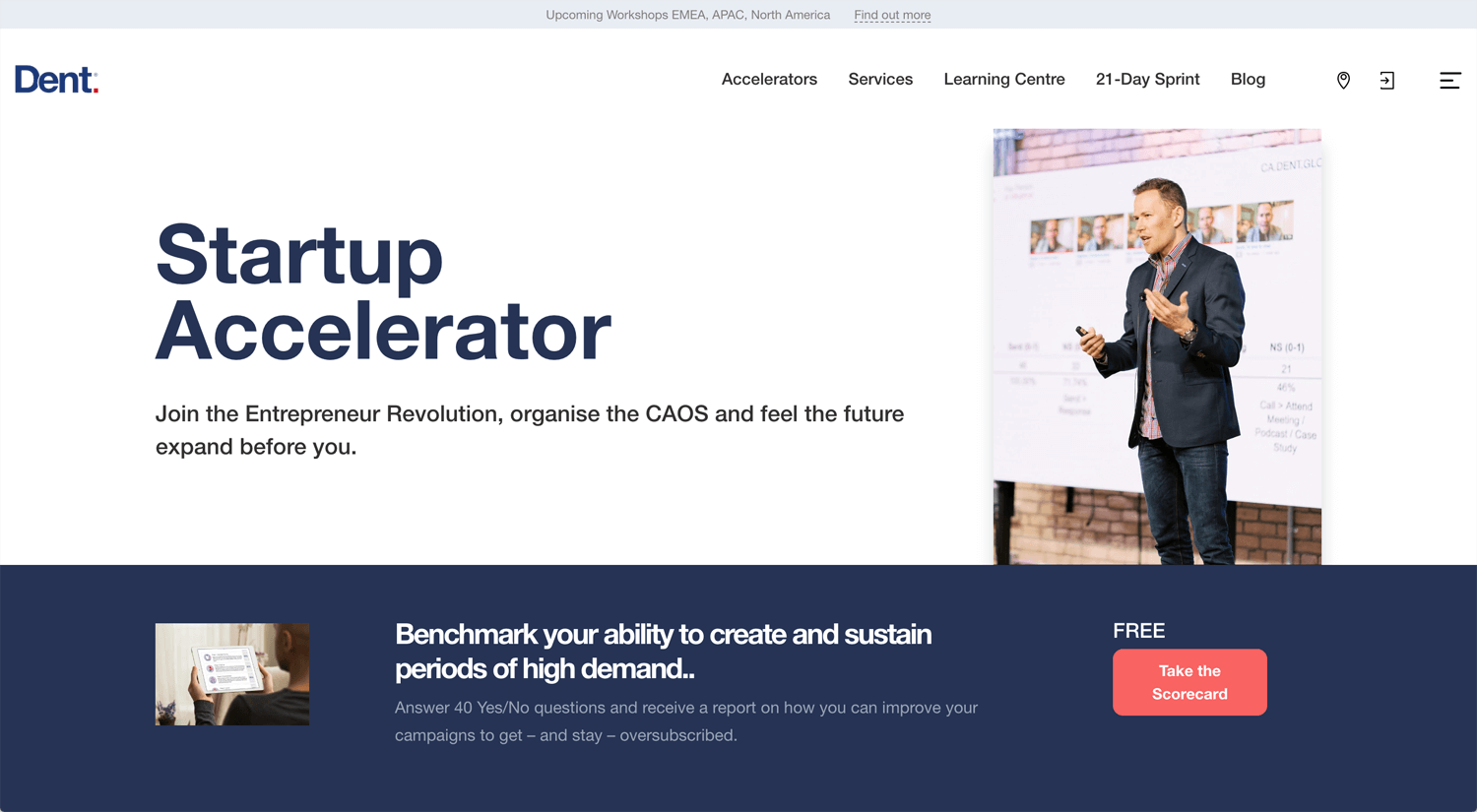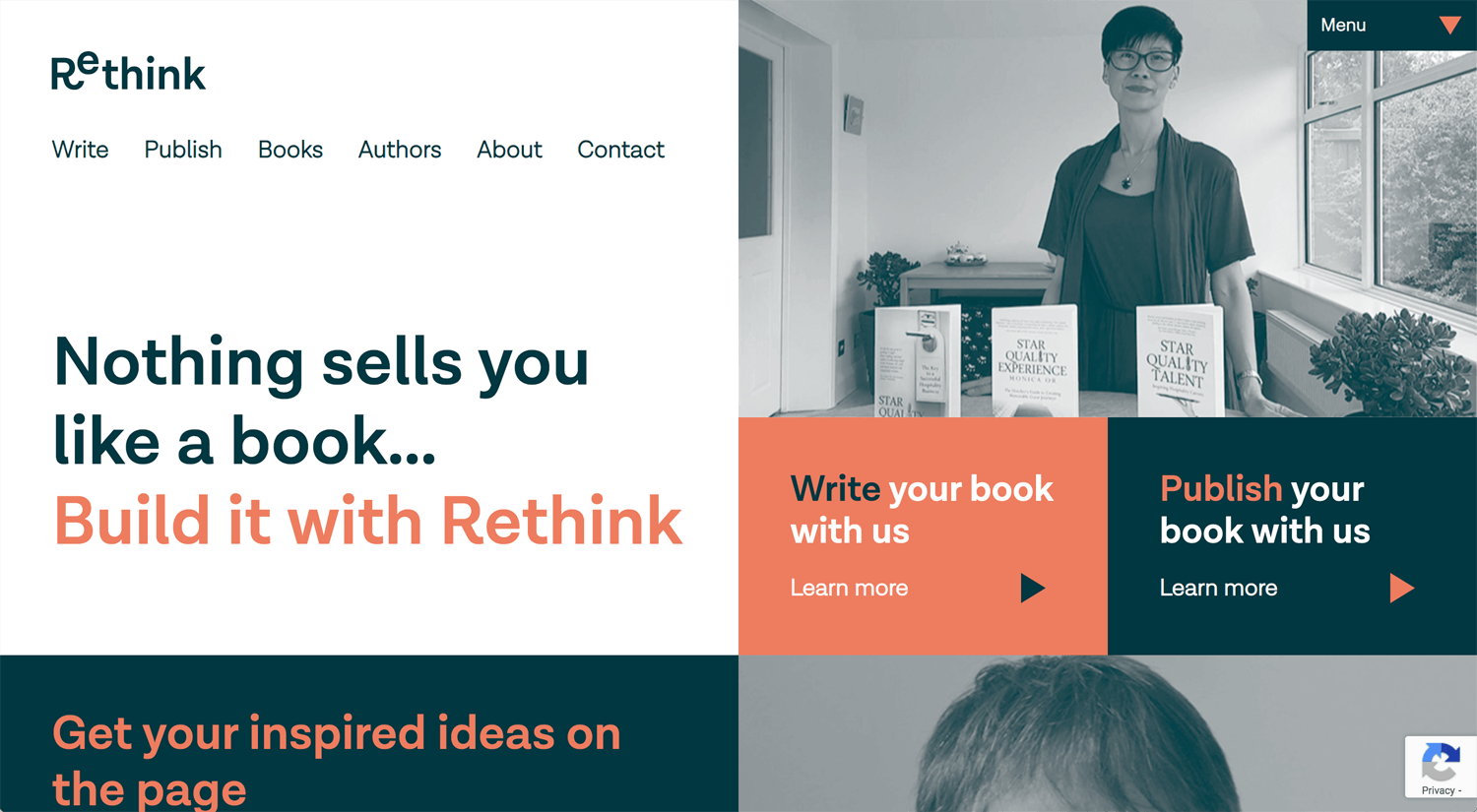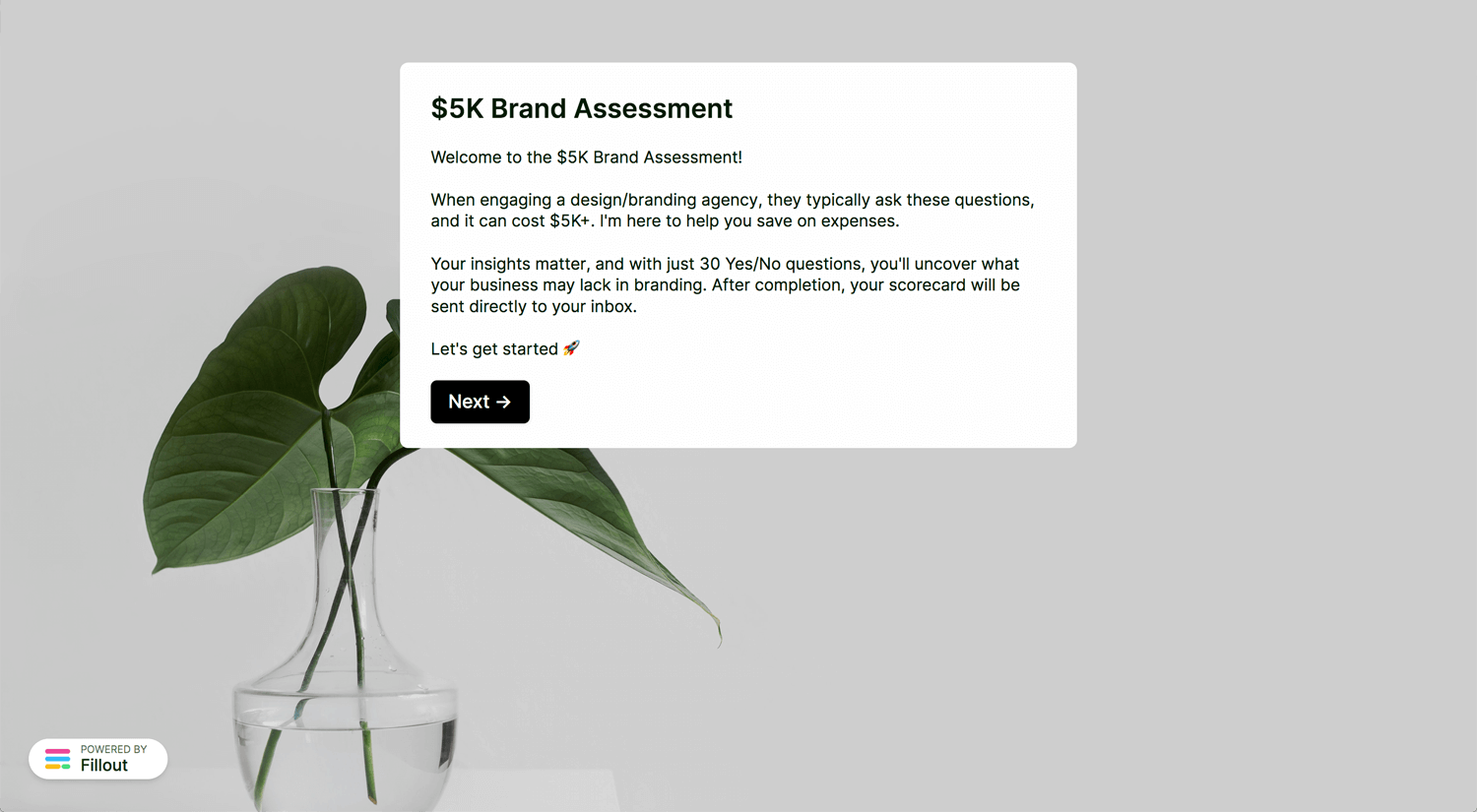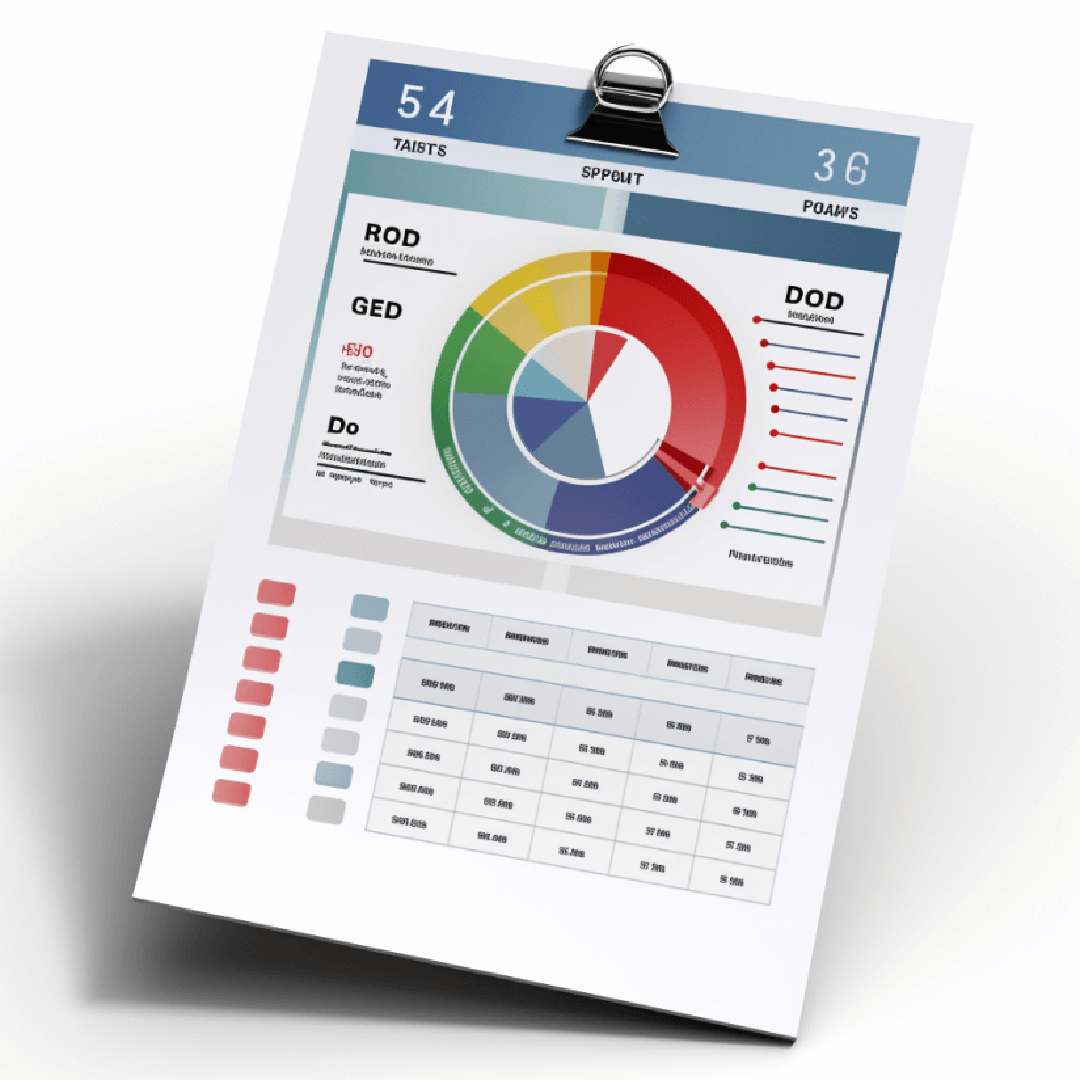Story: Look for a mentor, or choose a mentor
A mentor is a more experienced or knowledgeable individual who provides guidance, support, and advice to a less experienced or knowledgeable person, often referred to as a mentee or protégé. The purpose of a mentorship relationship is to help the mentee develop their skills, knowledge, and capabilities, both personally and professionally.
Mentors typically share their expertise, insights, and wisdom with their mentees, helping them navigate their careers, make informed decisions, and overcome challenges. This guidance can take many forms, including one-on-one discussions, coaching, feedback, and role modeling. Mentorship relationships are common in various fields, including business, academia, sports, and personal development.
Mentors are often seen as role models and sources of inspiration, and they can have a significant impact on the personal and professional growth of their mentees. Mentorship is a valuable way for individuals to learn from the experiences of others and gain valuable insights to help them achieve their goals.
I didn’t know about mentors until I came to Canada. I spent a decade in Canada, and I feel that mentorship is quite common in North America. I’m not sure how many people actually have a mentor. If you secure a corporate job, it may come with an in-house mentorship system.
I don’t have a mentor, but I’ve heard that President Barack Obama also didn’t have a formal mentor. Instead, he learned from figures like Malcolm X, Nelson Mandela, and John Lewis. Therefore, I won’t wait for a mentor; I’m going to learn from the top professionals in my industry.
Freelancer & Entrepreneur
I can find many definitions of freelancer and entrepreneur. Many blogs are titled, ‘Freelancer vs. Entrepreneur,’ but they don’t align with my perspective.
These are some ideas.
Freelancer:
Scope of work: Freelancers typically focus on providing specific services or skills, such as writing, design, or programming, and they are often hired for short-term projects.
Independence: Freelancers usually work independently and may not have employees or a team. They are often self-reliant and manage their own workload.
Client-based: Freelancers work on a project basis for various clients. They might work for multiple clients simultaneously or one client at a time.
Income source: Their income is directly tied to the number of projects they take on and complete. They are paid for their services on a per-project or hourly basis.
Limited scaling: Freelancers may take on more work or charge higher rates as they gain experience, but their growth is generally limited to their personal capacity.
Entrepreneur:
Business ownership: Entrepreneurs establish and run businesses, which may offer products, services, or both. They have a broader scope of work that includes business development, strategy, and management.
Team building: Entrepreneurs often build teams or hire employees to help run and grow their businesses. They delegate tasks and responsibilities.
Long-term vision: Entrepreneurs have a long-term vision for their businesses, aiming for growth and expansion. They often seek funding and investors to support their vision.
Revenue streams: Entrepreneurs have multiple revenue streams, which may include sales of products or services, partnerships, licensing, or other business models.
Risk and innovation: Entrepreneurs are willing to take risks and innovate to create and grow their businesses. They seek to address market gaps and disrupt industries.
These sentences are not incorrect. I’ve discovered simple statements that clearly define what an entrepreneur is.
An entrepreneur thinks, ‘What problems am I trying to solve in the world?‘
Entrepreneurship Masterclass: How to Make $10k – $1M per Month – Daniel Priestley
©Deep Dive with Ali Abdaal
– Entrepreneurship is figuring out what the market wants
– Entrepreneur looks at where the problem exists. Then, you try to come up with a solution the fix the problem.
– School system, you develop a skill set. Then try to find an employer who need those skill.
0 to 10K/mo
– Concept
1. Lifestyle business or performance business
2. Origin story, mission, vision
3. Ideation = 10 concepts (problems you solve), pick the best 3 (highest value)
4. Check demand if possible = Quiz, Zoom event, What’s APP
– Audience
Prepare a slide or brochure for presentation, not just a website.
At least 30 user testing
– Offer
– An entrepreneur does an organizing resource, it is not to do work.
– Sales
– Leads, appointments, presentations, sales
10K to 100K/mo
– Become a key person/influencer (YouTube, Podcast, or other social media platform)
– On media (traditional media as well as social media)
– Book (giveaway)
100K to 1M/mo
– Need 20 to 40 people
– Things harder to do for the first time. Easier to do for the second time.
– Choosing a profitable business is also important
– How to create value for the world
I asked about the quiz to ChatGPT.
A startup scorecard, or a list of questions and key performance indicators (KPIs) used to assess the health and progress of a startup, can vary depending on the industry and specific goals of the company. However, there are several common areas that are typically evaluated when assessing a startup. Here are ten questions that could be part of a startup scorecard:
Market opportunity:
• Is there a clear market need for your product or service?
• What is the size of the target market?
• What is the growth potential of the market?
Product/Service development:
• Have you developed a minimum viable product (MVP)?
• What is the product development timeline?
• Are you receiving positive feedback from early users or customers?
Customer acquisition:
• What is your customer acquisition cost (CAC)?
• What is the customer lifetime value (CLV)?
• How is your customer base growing?
Revenue and financials:
• What is your monthly/annual revenue?
• Are you achieving your financial projections?
• What is your burn rate (how quickly you spend your capital)?
Team:
• Do you have a strong and experienced team?
• Are key roles filled, and are team members aligned with the startup’s vision?
Competitive advantage:
• What sets your product or service apart from competitors?
• Have you secured any patents or unique assets?
Funding and runway:
• How much funding have you raised?
• What is your runway (how long your current funds will last)?
• Are you actively seeking additional funding?
Customer feedback and satisfaction:
• Do you gather and act on customer feedback?
• What is your Net Promoter Score (NPS) or customer satisfaction rating?
Operational efficiency:
• How efficient are your operations and processes?
• Are there opportunities for cost reduction or process optimization?
Legal and regulatory compliance:
• Are you in compliance with all relevant laws and regulations in your industry?
• Do you have a plan for managing legal and compliance issues as you scale?
These questions can serve as a starting point for evaluating the performance and progress of a startup. Depending on your specific business model and industry, you may need to adjust or add questions to create a customized scorecard that reflects your startup’s unique needs and objectives.
How Anyone Can Develop The Mindset Of A Multi-Million Dollar Entrepreneur – Daniel Priestley
©Deep Dive with Ali Abdaal
I had come across Daniel Priestley on YouTube in the past, but I didn’t pay much attention to it. While browsing Audible, I found his book, “Oversubscribed.” I don’t know why, but I could download it for free. I haven’t finished reading it yet, but I found it valuable for thinking about the business of design. Somehow, this led me to conceive a new blog series called “Digital Mentor.” This video was the first step in really listening to what he was talking about.
– Marketing for the conference/event
– Franchise marketing
– Financial planner marketing
– Success can happen quickly based on the business idea
– Old school system creates factory labor
– What problem are you trying to solve in the world?
– How much do you think much money?
– Do not watch the news (This is a radical idea. If you are a salesperson, you may need to know what’s happening in the world.)
– Business has to generate leads (test by MVP as soon as possible)
– From the year 2008 episode, think about the worst-case scenario when you are doing well
– Creator economy = The Creator economy or also known as influencer economy, is a software-facilitated economy that allows content creators and influencers to earn revenue from their creations
– Industry revolution mindset(become useful labor/component) and entrepreneur mindset
– Join a startup (1-10 people) to learn about startup
– Work-life balance does not exist for entrepreneur
– The most successful entrepreneurs start a business at age 42
– The market does not care what you want
– Entrepreneurship is a gift
– Business plan ideation, 10 ideas and pick 3
– MVP, find a signal of interest, generate leads, product market fit
– Entrepreneur develops asset
5 Ways to Become “Oversubscribed” in Business with Daniel Priestley
©KeyPersonOfInfluence
– Demand and supply tension = creating a business that attracts more demand than it can supply
– Oversubscribed business is profitable
– Example aviation industry vs Rolex
01. Capacity = How many customers can you serve to their satisfaction?
02.0 Limbic system = emotional control
02.1 Give away
02.2 Familiality(friendship)
*How do people get to know like and trust?
*Spend 7 hours with you (your business). Interact 11 times before purchase.
*Platform could be YouTube, podcast, or book…
*e.g. Tim Cook has followers than Apple.
*You have to be a key person
03. First make your market, then sales (signal collecting rather than selling)
*e.g. Cybertruck booking, measure demand
*Free event, group, DM, complete scorecard
04. Why do people buy?
05. People buy when the condition is right (Logic, emotion, sense of urgency)
Why do people buy? (some common motivations behind why people make purchases)
– Satisfying needs and wants
– Solving problems
– Emotions and desires
– Status and social acceptance
– Convenience and time-saving
– Peer influence and recommendations
– Sales and discounts
– Influence of advertising and marketing
– Habit and routine
– Peer pressure and trends
– Problem anticipation
– Personal values
Understanding the Oversubscription Model: Priestley introduces the concept of being “oversubscribed” where your business has more potential customers than it can currently serve. This scarcity approach makes your products or services more desirable.
Building a Personal Brand: The book emphasizes the importance of establishing a personal brand as an expert in your field. By positioning yourself or your business as an authority, you can attract more customers and charge premium prices.
Effective Marketing Strategies: Priestley discusses various marketing strategies to create a buzz around your business, including the use of social proof, content marketing, and leveraging social media platforms.
Pricing for Profit: The book provides insights into pricing strategies that allow you to charge premium prices and create an aura of exclusivity while maintaining customer satisfaction.
Creating a “Wow” Factor: To ensure customer loyalty, the book emphasizes the need to consistently exceed customer expectations and create a remarkable experience.
Leveraging Social Media: The book delves into the power of social media and how to use it effectively to generate interest, engagement, and loyalty.
Referral Marketing: “Oversubscribed” encourages businesses to harness the power of referral marketing, where your satisfied customers become your most effective advocates.
Overall, “Oversubscribed” is a guide to help entrepreneurs and business owners understand how to make their businesses more attractive and in demand by implementing strategies that create scarcity, build a strong brand, and deliver exceptional value to customers. The book provides practical advice on achieving oversubscription and sustaining it for long-term success.
Audible: Oversubscribed
Highly Valued, Highly Paid – Daniel Priestley, KPI
©KeyPersonOfInfluence
– Firming → Manufacturing → Telephone → Airline → TV(brand) → Personal computer(small business) → Mobile → World Wide Web(WWW) → Social Media → AI
*This conference was held a decade ago. I don’t know who can predict AI.
– Big business starts small
– Everyone is a supplier/producer
– Shift the perspective on career meanings
– Global small business = Must be a key person in your industry/professional
– Key people of influence
– Starting a business has never been easier
01. Perfect pitch for a micro nitch
02. Publish your idea
03.0 Produce product (avoid repetition)
03.1 Audiobook, workshop, live event…
03.2 Income follows assets = create assets
04. Rise your profile (People believe you are who Google says you are)
05. Forge partnership
The entrepreneurial shift: Priestley argues that we are in the midst of an “entrepreneurial revolution.” Traditional career paths are becoming less secure, and people are increasingly turning to entrepreneurship as a means of creating wealth and opportunities.
The new wealth creator: The book introduces the concept of “new wealth creators,” individuals who create value through innovation, technology, and entrepreneurial ventures. Priestley emphasizes that anyone can become a new wealth creator by tapping into their unique skills and ideas.
The key skills of entrepreneurs: “Entrepreneur Revolution” highlights essential skills for successful entrepreneurship, such as networking, marketing, and problem-solving. Priestley suggests that building a personal brand and effective networking are crucial for achieving entrepreneurial success.
Building a personal brand: Priestley stresses the importance of creating a strong personal brand as an entrepreneur. Building a reputation and being known for your expertise can attract opportunities and clients.
Productizing and scaling: The book discusses how entrepreneurs can take their knowledge and expertise and turn it into products or services that can be scaled and sold. This is a key strategy for increasing income and impact.
Leveraging technology: Entrepreneurship in the digital age is closely tied to technology. “Entrepreneur Revolution” encourages readers to embrace technology to automate and streamline their businesses.
The importance of mindset: Priestley emphasizes the role of mindset in achieving entrepreneurial success. He discusses the necessity of adopting an entrepreneurial mindset, focusing on opportunity, and developing resilience.
Creating a global business: The book encourages entrepreneurs to think globally. With the rise of the internet and digital tools, it’s possible to create a business that serves a global audience from the outset.
The five Ps of entrepreneurship: Priestley introduces the “Five Ps” framework, which includes Purpose, Pitch, Product, Profile, and Processes. These elements are essential for building a successful business.
Impact and legacy: “Entrepreneur Revolution” encourages entrepreneurs to consider the broader impact of their work and strive to leave a positive legacy.
Overall, “Entrepreneur Revolution” provides insights into the changing nature of entrepreneurship and offers practical advice for individuals looking to navigate the entrepreneurial landscape successfully. It emphasizes the importance of personal branding, skill development, and leveraging technology to create scalable businesses and adapt to the new entrepreneurial reality.
Audible: Entrepreneur Revolution
SCORE APP: The smarter way to generate higher converting leads
©ScoreApp
Just consuming information is not enough. Let’s take action. I considered what scorecard I could build for my target audience.
According to my research, having over 10 questions (quizzes) might sacrifice user engagement. Some YouTube recommendations suggest sticking to a maximum of 10 questions. I initially didn’t realize that the quiz could encompass a lot, including surveys, follow-ups (education), product recommendations, etc. As I explored various tools, I discovered the competitiveness of this business.
Free tools:
Involve.me
Fillout.com
Jotform.com
*Hubspot also has a free tool, but I don’t know if I have to choose it.
Designers may like Typeform.com. It is not a free plan (I do not consider a free trial for free), but you can develop beautiful and brand-oriented forms.
Brand analysis scorecard (Yes/no/not sure)
00. Is your business officially registered with your local government?
00. Do you have a business name? ✓
00. Do you have a domain? ✓
00. Have you figured out who your ideal customers are?
00. Do you know customer pain points?
00. Can you provide value to your customer?
00. Have you analyzed your business’s strengths, weaknesses, opportunities, and threats?
00. Have you written a clear mission and vision statement for your design service?
00. Can you distinguish the difference between your business and your competitors?
00. Can you describe your brand attribute(character/personality) in 5 words?
00. Do you have a logo? ✓
00. Do you have brand guidelines? ✓
00. Have you checked out what your competitors are doing?
00. Do you have a website? ✓
00. Do you know SEO (Search Engine Optimization) and how it works? ✓
00. Are you making sure your website is user-friendly?
00. Do you regularly update your website? ✓
00. Did you set up Google Analytics (GA4) for your website? ✓
00. Do you know how many people visited your website in the last 28 days?
00. Did you set up a Google Business Profile? ✓
00. Do you have good reviews and testimonials?
00. Did you install Google Search Console?
00. Did you install Google Tag Manager?
00. Are you running Google Ads?
00. Are you working with a marketing agency?
00. Did you receive at least three inquiries in the last 28 days?
00. Are you using social media to promote your brand? ✓
00. Are you using video to promote your brand?
00. Do you regularly check how well your marketing is working?
00. Do you actively participate in online communities or forums?
00. Do you reward clients who refer others to your business?
00. Are you using email marketing to stay in touch with clients?
00. Have you written helpful articles or resources related to your business?
00. Do you use CRM (Customer relationship management) to manage your client relationships?
*Questions will be changed based on the subject, such as brand strategy, design sprint, and business model.
Daniel Priestley | Award Winning Author and Entrepreneur
Daniel Priestley is a British entrepreneur, author, and business advisor known for his work in the fields of entrepreneurship, personal branding, and small business growth. He has written several books on these subjects and is the co-founder and CEO of Dent Global, a business accelerator company.
Priestley is widely recognized for his expertise in helping entrepreneurs and small business owners scale their companies, build strong personal brands, and navigate the challenges of the modern business landscape. His books, including titles like “Key Person of Influence,” “Entrepreneur Revolution,” and “24Assets,” offer practical insights and strategies for individuals looking to excel as entrepreneurs and business leaders.
In addition to his writing, Daniel Priestley is a speaker and consultant who has worked with a wide range of businesses and individuals to help them achieve their entrepreneurial goals. He is a proponent of the “entrepreneurial revolution” and encourages people to embrace entrepreneurship as a means to create wealth, influence, and impact in the modern world.
What I learned/executed
– Power of influencer
– Importance of personal brand
– Difference between Freelancer and Entrepreneur
– Entrepreneur develops assets. Freelance provides service.
– Entrepreneur thinks, ‘What problems am I trying to solve in the world?’
– Ideation = 10 concepts (problems you solve), pick the best 3 (highest value)
– A startup scorecard
– Build global small business
– Pitch=find niche
So, what’s the execution?
I created the scorecard and implemented it on the website. It was recommended within 10 questions, but it was 30. My purpose is not email collection; instead, I want to develop authority. I can monitor the page performance on GA4 and Google Search Console to see if it works. I look forward to seeing the data in a few weeks.
What’s next?
I am going to think about business ideas and niches. I’ll research the activities of other design agencies, E-commerce trends, marketplace niches, web apps, etc. I want to hire a salesperson with a reward-based compensation, a percentage-based arrangement.
My first scorecard for lead generation is above. (Link embedded)
$5K Brand Assessment
Welcome to the $5K Brand Assessment!
When engaging a design/branding agency, they typically ask these questions, and it can cost $5K+. I’m here to help you save on expenses.
Your insights matter, and with just 30 Yes/No questions, you’ll uncover what your business may lack in branding. After completion, your scorecard will be sent directly to your inbox.
Let’s get started 🚀
Conclusion: Change the mindset
My biggest takeaway is mindset. My mindset used to be entirely focused on being a factory worker, looking for a project, or being a component. I like to serve local people who I haven’t met. I’ve come to realize that freelancing is a viable way to make a living. As an ordinary person, I want to make improvements, but I’m uncertain about what those should be and how to go about it.
I’ve begun searching for 10 problems in the society. With just two months remaining in 2023. I don’t know if I will conduct user testing what he said. I aim to develop and launch at least one Minimum Viable Product (MVP) before the year ends.
